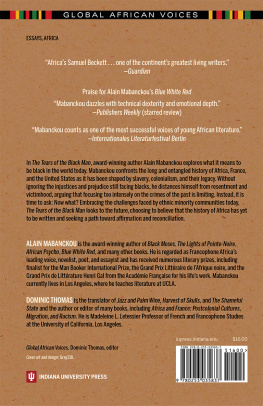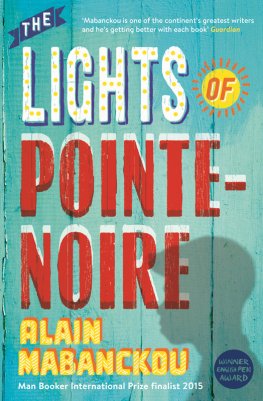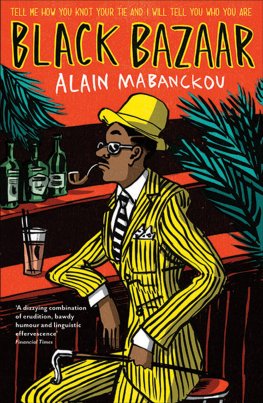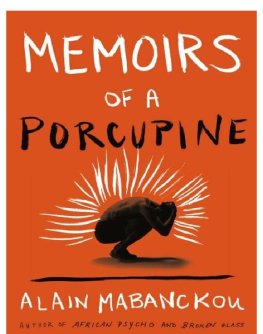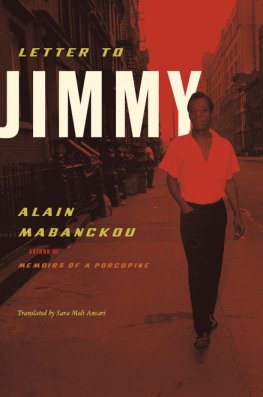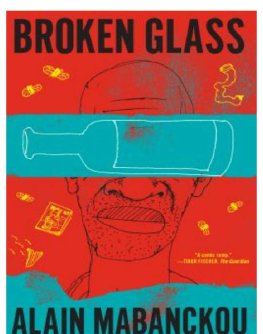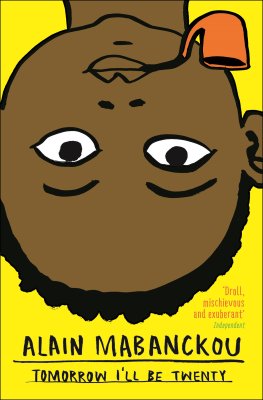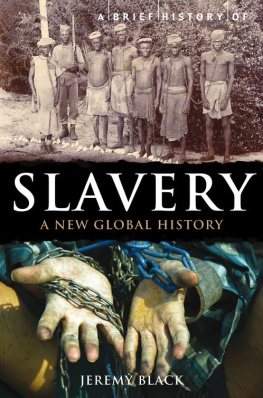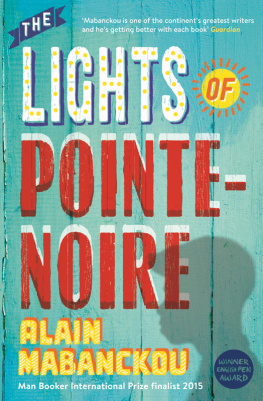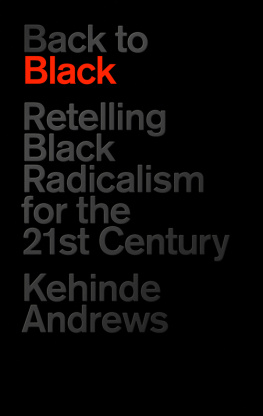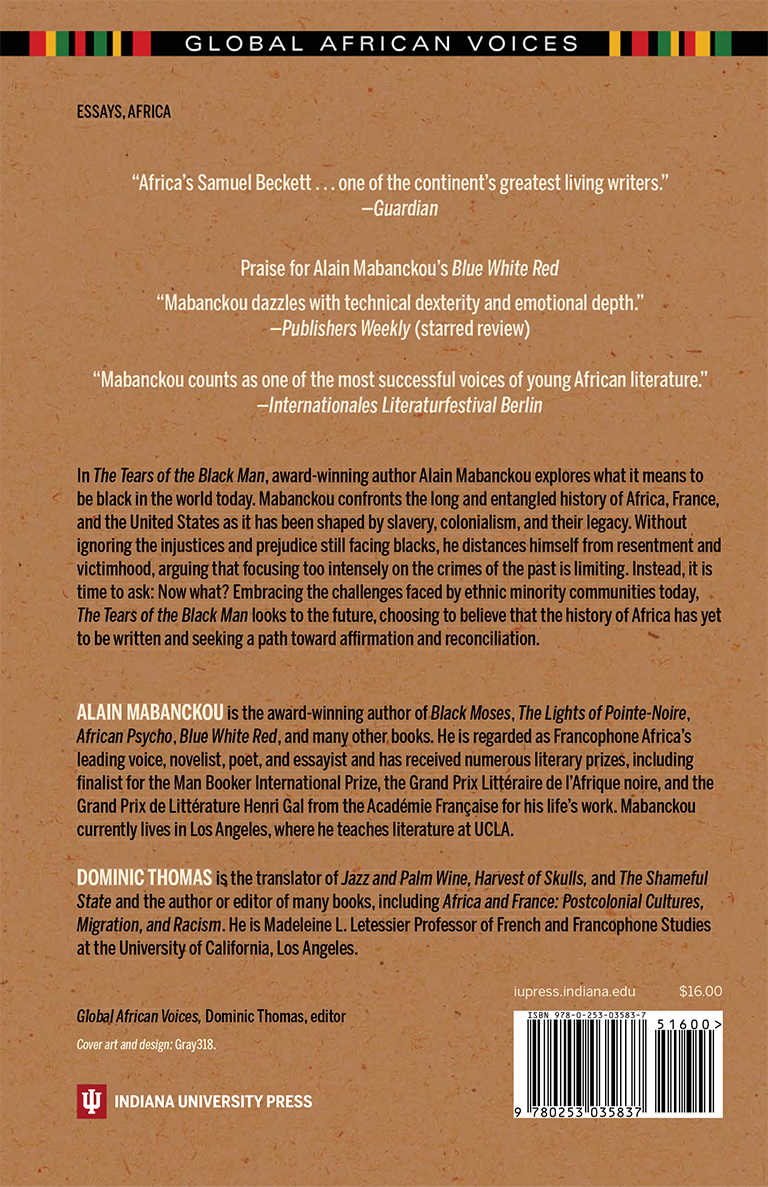Landmarks
Page-list
Appendix
This letter was written by Yaguine Kota and Fod Tounkara, both fourteen years old, stowaways found dead on August 2, 1999, in the landing gear of an airplane at Brussels International Airport.
Conakry, Guinea, July 29, 1999
Excellencies, Messrs. members and officials of Europe,
We have the honorable pleasure and the great confidence in you to write this letter to speak to you about the objective of our journey and the suffering of us, the children and young people of Africa.
But first of all, we present to you lifes most delicious, charming and respected greetings. To this effect, be our support and our assistance. You are for us, in Africa, those to whom it is necessary to request relief. We implore you, for the love of your continent, for the feeling that you have towards your people and especially for the affinity and love that you have for your children whom you love for a lifetime. Furthermore, for the love and meekness of our creator God the omnipotent one who gave you all the good experiences, wealth and ability to well construct and well organize your continent to become the most beautiful one and most admirable among the others.
Messrs. members and officials of Europe, we call out for your solidarity and your kindness for the relief of Africa. Do help us, we suffer enormously in Africa, we have problems and some shortcomings regarding the rights of the child.
In terms of problems, we have war, disease, malnutrition, etc. As for the rights of the child in Africa, and especially in Guinea, we have too many schools but a great lack of education and training. Only in the private schools can one have a good education and good training, but it takes a great sum of money. Now, our parents are poor and it is necessary for them to feed us. Furthermore, we have no sports schools where we could practice soccer, basketball or tennis. This is the reason, we, African children and youth, ask you to create a big efficient organization for Africa to allow us to progress.
Therefore, if you see that we have sacrificed ourselves and risked our lives, this is because we suffer too much in Africa and that we need you to fight against poverty and to put an end to the war in Africa. Nevertheless, we want to learn, and we ask you to help us in Africa learn to be like you.
Finally, we appeal to you to excuse us very, very much for daring to write this letter to you, the great personages to whom we owe much respect. And do not forget it is to you whom we must lament about the weakness of our abilities in Africa.
Written by two Guinean children, Yaguine Kota and Fod Tounkara.
ALAIN MABANCKOU is a Franco-Congolese author and Professor of French and Francophone Studies at the University of California, Los Angeles. His novels include Blue White Red, African Psycho, Broken Glass, Memoirs of a Porcupine, Black Bazaar, Tomorrow Ill Be Twenty, and The Lights of Pointe-Noire. Shortlisted for the Man Booker International Prize in 2015, he is the recipient of numerous literary prizes, such as the Grand Prix Littraire de lAfrique noire, Prix Renaudot, Prix Georges Brassens, and the Grand Prix de Littrature Henri Gal from the Acadmie Franaise for his lifes work.
DOMINIC THOMAS is Madeleine L. Letessier Professor of French and Francophone Studies at the University of California, Los Angeles. His books include Nation-Building, Propaganda, and Literature in Francophone Africa; Black France: Colonialism, Immigration, and Transnationalism; and Africa and France: Postcolonial Cultures, Migration, and Racism.
1
The Black Mans Tears
Dear Boris,
Relations between France and Africa are difficult to explain. Your school textbooks will no doubt have taught you more on this subject than I will ever be able to, but it is safe to say that this long history has been marked by dramatic ups and downs. There are those who will try and convince you to bear a grudge against France, to blame her for all the suffering. As for me, Im with those who believe that Africas history has yet to be written. This will require patience and serenity, and one should avoid tipping the scales in favor of a particular version of history. Others call for a more vigorous response from Africa itself, and since the dark continent is still considered the cradle of humanity, these same people will try and convince you in their zeal that Europe should just give in and agree to reparations as a remedy for all the damage they inflicted on us during the centuries of slavery, the decades of colonization, and God knows what else.
In The Tears of the White Man, French philosopher Pascal Bruckner talked about the self-loathing felt by Europeans, the feeling of culpability that comes from the self-hatred and contempt they experience when they look back on their history, especially colonialism and capitalism. Their bad conscience distorts their perception of the Third World, redirecting them toward leftist, naive, Manichean views. This is their way of repenting and seeking salvation. Rather than being continually filled with a futile sense of repentance, Bruckner urges Europeans to be proud of their accomplishments.
Slightly altering the philosophers title, I believe there is ample evidence today of what I would describe as the tears of the black man. Tears that are becoming increasingly noisy and driving some Africans to attribute all the continents sufferings and misfortunes to the encounter with Europe. These tearful Africans relentlessly fuel hatred toward Whites, as if vengeance could somehow erase the history of ignominy and give us back the alleged pride Europe violated. But those who blindly hate Europe are just as sick as those who cling to a blind love for a bygone, imaginary Africa, one that somehow survived the centuries peacefully, seamlessly, until that fateful day when the Whites came along and turned their perfect world upside down.
These tearful Blacks claim to be followers of Marcus Garvey, who initiated the Back to Africa movement for the descendants of slaves, or of the great Senegalese historian Cheikh Anta Diop, who argued relentlessly that ancient Egypt had been populated by Black people and that Western philosophers had plundered African thought shamelessly since Antiquity. In their state of trance, they tirelessly dwell on the key ideas of black consciousness and of the African renaissance. To this end, they summon Elijah Muhammad (the former leader of the Nation of Islam), or, for that matter, Malcolm X, who was his spiritual son for a while. Similarly, they never fail to mention the main Pan-Africanists of the Black continentKwame Nkrumah and Amlcar Cabralor the warrior Shaka Zulu, who conquered a huge empire in southern Africa that was larger than France. But they will neglect to mention that the legendary warrior later became a despot responsible for the deaths of several million Africans during his tyrannical rule.
Most likely youll be surprised to hear Martin Luther King Jr.s name mentioned, a relentless advocate of nonviolence, because these tearful Blacks dont think twice when it comes to distorting and amalgamating ideas and concepts that are in reality far more subtle and different than they are willing to admit.
Black consciousness is, when it comes down to it, a demonstration rather than a construction, so that one doesnt have to expend too much energy in making an assessment of black values, as Frantz Fanon once wrote. In some respects, this is tantamount to a pure and simple demolition of the man of color who, rather than focusing on the present, ends up being sidetracked in the meanders of a past encompassed by legends, myth, and above all else, nostalgia.

